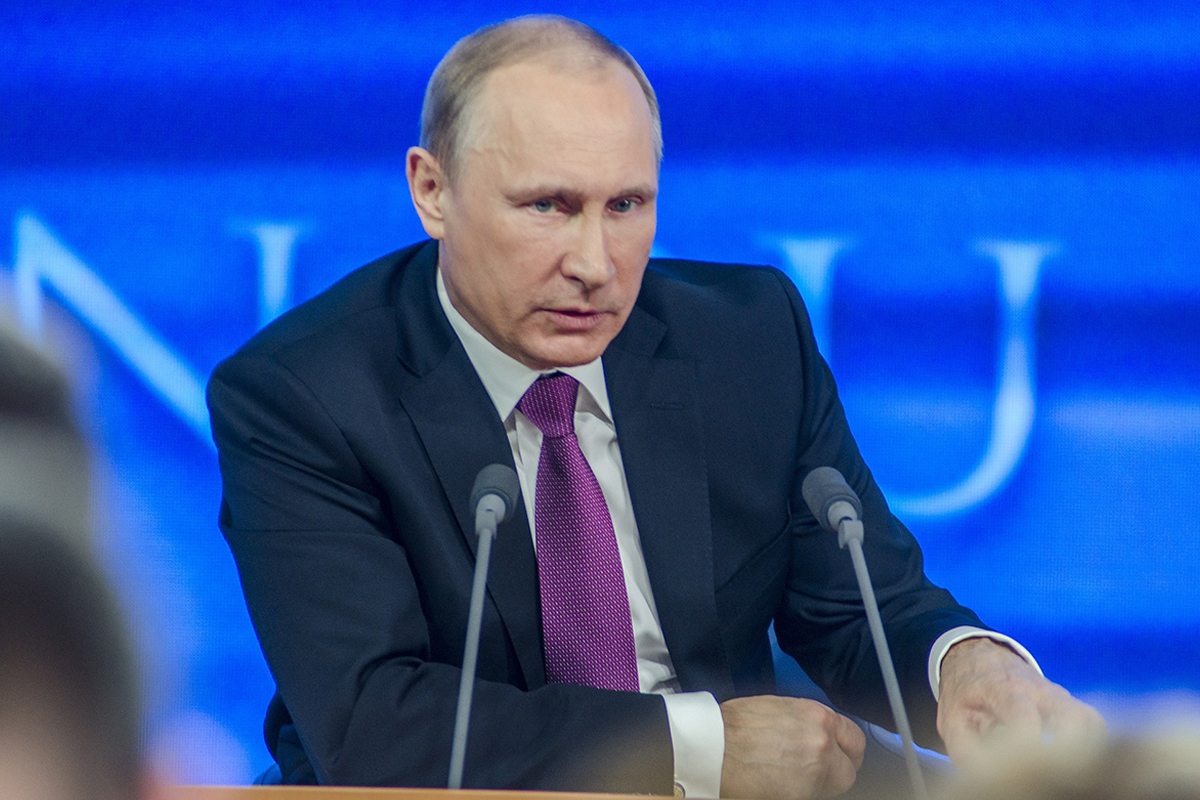In an intriguing twist during his annual phone-in with the Russian public, President Vladimir Putin was confronted by an unusual questioner: an AI-generated “deepfake” version of himself. This event, part of a carefully curated interaction with his end-of-year news conference, presented a novel challenge to the Russian leader. The query from the AI Putin touched upon the themes of identity and the burgeoning concerns surrounding neural networks and artificial intelligence, reflecting the growing global interest in these technologies.
During the session, Putin’s digital counterpart, created through advanced AI technologies, posed a probing question. “Mr. President, good afternoon. I am a student studying at St Petersburg Institute. Do you have a lot of twins? And another point, what is your attitude towards the dangers with neural networks and artificial intelligence?” inquired the AI, as translated live by NBC News. This moment sparked laughter among the audience and prompted a thoughtful pause from Putin, who is known for his composed demeanour.
President Putin replied to his virtual counterpart, “I see you may resemble me and speak with my voice. But I have thought about it and decided that only one person must be like me and speak with my voice, and that will be me.” This response subtly addressed recent rumours about Putin using body doubles, a theory the Kremlin has firmly denied. Additionally, it highlighted the escalating concerns over AI deepfakes and their potential for spreading misinformation.
“deepfake” refers to AI-manipulated images, sounds, or videos that convincingly mimic real individuals. This technology is increasingly employed to fabricate misleading portrayals of public figures, including politicians and celebrities, stoking fears about its role in disseminating false information.
Putin’s encounter with his AI version underscores Russia’s ambition to be a key player in AI technology. Global powers like the U.S., China, and the European Union also fiercely compete in this field. These nations are not only racing to dominate AI advancements but are also keenly aware of the risks posed by such rapidly evolving technology. The development of AI-generated avatars, now almost indistinguishable from real humans, represents a significant leap in this technological race.
This unprecedented interaction between President Putin and his AI-generated likeness marks a significant moment in the conversation about AI’s role in global politics and information dissemination. It vividly illustrates the fine line between technological innovation and ethical concerns, particularly identity and authenticity. As world leaders like Putin navigate these complex waters, the incident during the Russian President’s annual Q&A session will likely resonate as a landmark event in the ongoing discourse about the impact and implications of artificial intelligence.







